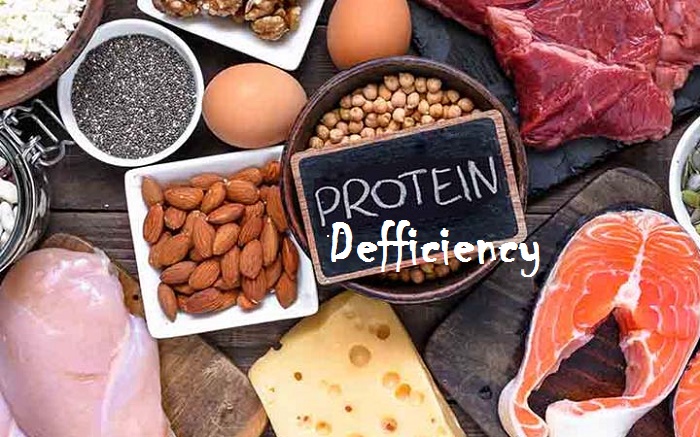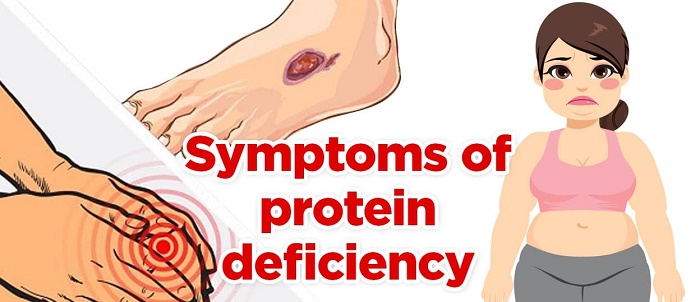Proteins are molecules made up of amino acids. They contain essential nutrients for the organism, which are acquired through food. These are fundamental for growth. In addition, they stimulate tissue repair and keep bones, muscles and blood healthy. How to know if I have the correct protein level? In principle, paying attention to the possible signs of protein deficiency that your body sends you.
It should be noted that proteins are found mainly in foods of animal origin such as meat, fish, eggs and milk. In general, it is recommended to consume 10% of these daily. However, each metabolism is different and only a specialist can accurately determine the right amount. It is essential to consult the nutritionist if the following signs of protein deficiency are identified.
What are the signs of protein deficiency?
Protein deficiency in the body manifests itself in various ways. Since the body is wise, when it is lacking in protein, symptoms begin to appear, which are associated with this lack. Know, then, what are the main signs of protein deficiency in the body.
Fatigue
Extreme and permanent fatigue during the day is one of the main signs of protein deficiency. The body does not consume enough calories and this results in weakness and problems when developing physical activities due to lack of energy.
Being bad regularly
The immune system needs the proteins to work properly. When these are missing, the number of antibodies goes down, making it easier to get sick more often.
Dry skin
When you are lacking in protein, the skin begins to dry up. Remember that the dermis requires three types of protein: collagen, elastin and keratin since it is its natural composition. Therefore, when the body does not have enough protein, the skin changes its appearance revealing the lack.
Constant food cravings
Constant anxiety about food is another sign of protein deficiency. The body manifests itself by causing high degrees of appetite. Consequently, people tend to be hungry at every moment and the need to consume their favorite food. It is a dangerous terrain since, not necessarily, this intake is what the body requires. Therefore, it is best to consult the nutritionist to find the solution.
Despite exercise, abdominal fat does not disappear
Among the main signs of protein deficiency, there is a very particular one. People exercise with the intention of losing fat and, no matter how intense the activity, they can not make it go away. Generally, the abdominal area is the most evidence of protein deficiency.
Hair loss
The protein keeps hair healthy and constantly growing. You should know that the hair and follicles that support it are made of protein. For this reason, the deficiency of these molecules weakens it causing its fall. Sometimes, people who make low-protein diets experience slow hair growth, and what is worse, their fall.
Flatulence and constipation
The digestive system is also affected by protein deficiency in the body. This is revealed by making the person constipated. Likewise, it experiences an increase in gases due to the lack of amino acids.
Final Advice:
The human body requires vital substances to develop. The protein is one of them. It is not possible to conceive a healthy life without the adequate consumption of it. Muscles, skin, bones and tissues need protein. When a lack of it occurs in adequate proportions, a negative impact on the organism takes place. Therefore, it is advisable to eat a healthy diet rich in proteins.





